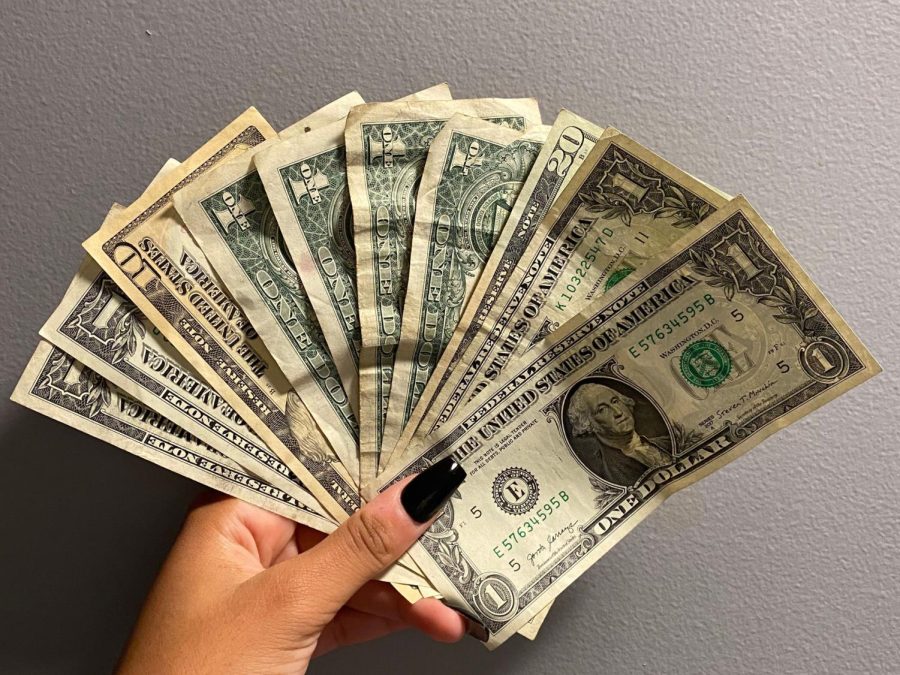The world acknowledges Economic Education Month
Nationally recognized by the public, Economic Education Month strives to educate the world about a matter continuously affecting them. It aims to teach younger populations about the market, as they will not survive in the real world without a basic foundation. The economy will thrive when citizens study financial literacy because their choices will influence society’s day-to-day life.
October 17, 2022
Every October, society recognizes Economic Education Month (EconEd month) as a teaching and learning opportunity. Economics, defined as the study of the production and consumption of scarce resources, as well as the transfer of wealth, proves monetarily valuable in life. Econ Ed month aims to teach students about the role they play in this prodigious economy and provide them with the tools required to succeed. Even with numerous factors involved, this month puts emphasis on young students receiving education regarding a topic that will continue to affect their daily lives.
“Education is fundamental to leveling the playing field. With gaps in financial knowledge and wealth-building running clearly along socioeconomic lines, we must reach out to all students to help them understand how both personal – micro – and national and global – macroeconomics impact just about every aspect of their lives. We treat every month like Economic Education Month, but we are eager in this special month to help everyone celebrate and learn about the abundant resources available to assist teachers and enable students to make optimal decisions for themselves, their families and their communities throughout their lives,” Council for Economic Education CEO Nan Morrison said.
Econ ed does not always involve a teacher standing in front of a classroom talking to a class of students. In fact, it proves beneficial to learn through experience. The public unknowingly contributes to economic education every day by simply performing day-to-day tasks. For example, a cashier taxing a seven-year-old who buys a box of candy teaches the child that all goods include a tax. Families can also intentionally educate their children about how to make economic and financial decisions when exposed to the real world.
Learning about the ins and outs of the economy remains useful in any real-world situation, ranging from buying a house to knowing about grocery store shortages. The more knowledge the world carries about economic literacy, the better condition the economy will stand in.
“Economics’ bottom line is the study of choices that we make. Everyone needs to understand the impact of their choices in the short term and long run. The better choices we make, the better our lives can be. Understanding supply and demand, and how those forces shape our lives, will also help us make better decisions, and we have a better sense of what’s happening in the world. If you don’t have economics, you don’t have a solid foundation for what’s happening in life. A life without economics, is a life without incentives,” Economics teacher Pam Roach said.




